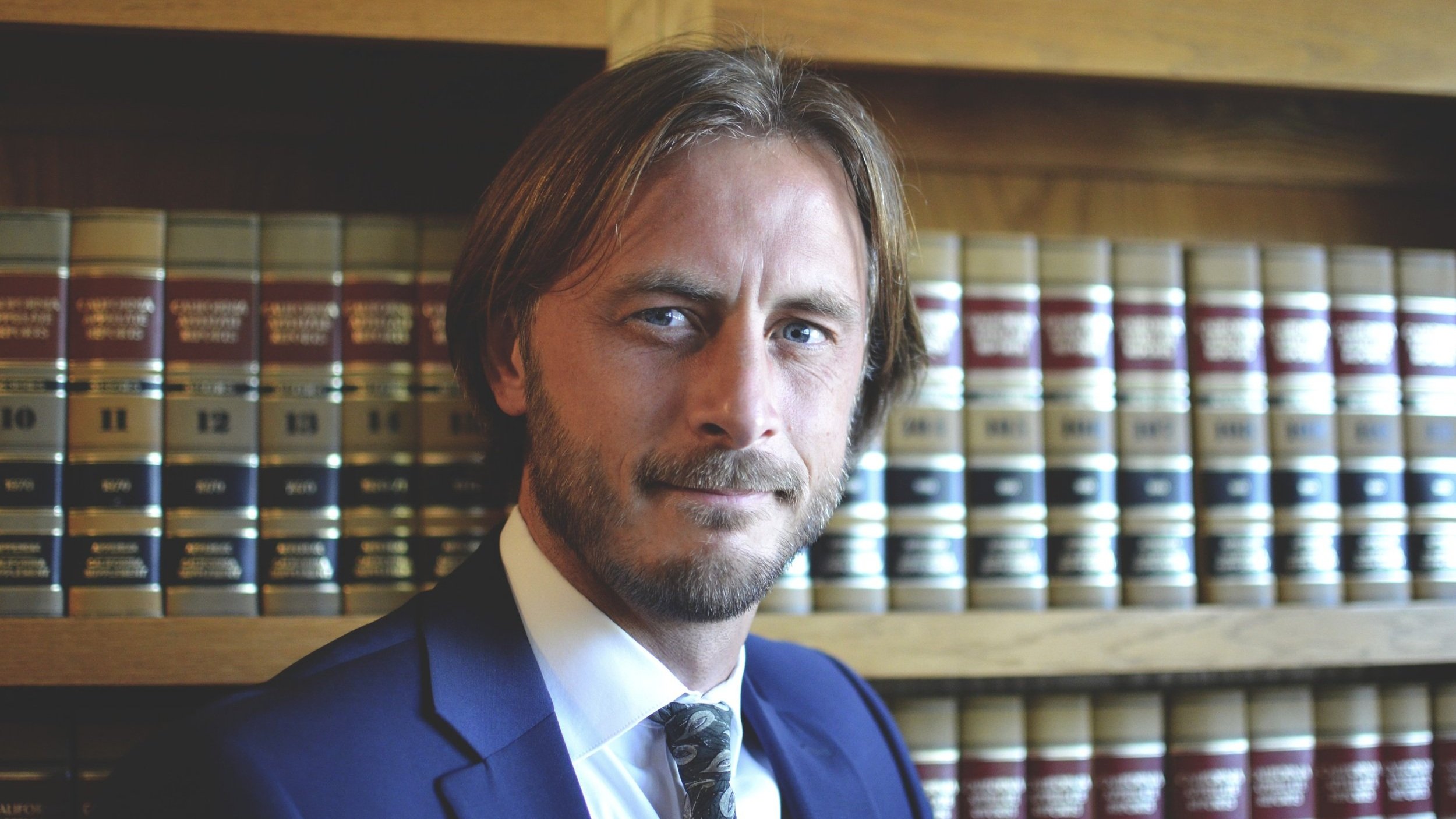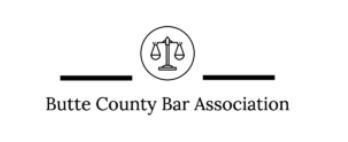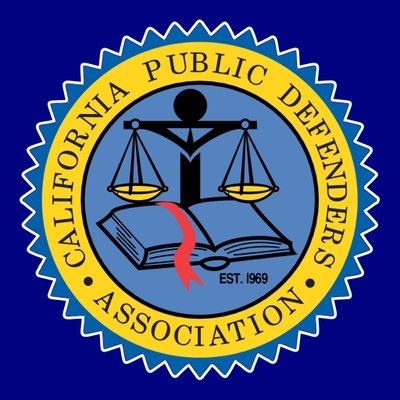Compassion - Advocacy - Results

Whether you are formally accused of a crime or under investigation by law enforcement, navigating the legal landscape can be a stressful and intimidating task. A criminal conviction - or even simply an accusation - can turn a person’s life upside down and compromise their employment, education, and reputation. Davis W. Hewitt is a dedicated criminal defense attorney in Northern California who understands criminal accusations and their attendant challenges. He has the knowledge and experience needed to defend the accused and mitigate both direct and collateral consequences. Davis provides unparalleled service to his clients and handles all state misdemeanor and felony offenses - from minor in possession to special circumstances murder. He considers driving under the influence and domestic violence defense his specialties.
A graduate of U.C. Berkeley and U.C. Hastings College of the Law. Davis is an honest, competitive, and compassionate lawyer who works tirelessly to achieve the best outcomes for his clients. He was born and raised in Northern California and proudly serves the counties of Butte, Yuba, Sutter, Tehama, Colusa, Shasta and Glenn.
An Experienced Attorney
Davis has nearly unmatched experience as a defense attorney in the North State. In the courtroom, he has tried as lead counsel over 50 jury trials to verdict and his litigation is responsible for published caselaw (Molina v. Superior Court (2024) 103 Cal. App. 5th 291.) Outside of the courtroom, Davis is a part-time lecturer in the Political Science Department at Chico State, where he teaches criminal law. Davis has represented clients facing life imprisonment for murder, third strikes, and the most serious sex offenses. Most people who come to him, however, are facing far less serious charges and have had little or no prior contact with the criminal justice system. Davis believes that good people can find themselves entangled within this system. When that happens, he uses aggressive and creative advocacy to free them from its grip and achieve fair outcomes. He prides himself on the attention given to each client and is committed to fighting for their freedom and defending their rights.
What Sets Me Apart?
I consider myself an expert in state criminal law. I have been dedicated to the profession for more than a decade and believe that using my legal training and experience to help good people throughout Northern California is important.
Achieving justice for each client is my top priority. I’ve litigated just about every issue that arises in a California criminal courtroom. I always keep clients well-informed throughout representation and involve them in every important decision along the way.
Call or email me directly to schedule a free in-person 30-minute consultation at my Chico office: (530)342-1005 or Davis@dwhlo.com.
I am a true professional and look forward to hearing from you.
Davis
Bar Admissions
California 2015
Education
J.D. - UC Hastings
San Francisco, CA
2015
B.A. - UC Berkeley
Berkeley, CA
2011
Prior Employment
Attorney, Biggam, Christensen & Minsloff
Santa Cruz, CA 2018 - 2023
Recent Speaking Events
Constitution Day 2023: Protecting the Rights of the Accused? The Constitution and Contemporary Due Process
Panelist
California State University, Chico
Overview of a Criminal Case in California
The information provided here is for general informational purposes only and should not be construed as legal advice. Every criminal case is unique, and the facts and circumstances of your case may involve steps not included in this brief overview. Always speak with an experienced attorney like Davis W. Hewitt if you have questions about a case.
The California criminal court procedure involves several stages, each designed to ensure due process and fairness for the accused. Below is a general overview of the steps involved. Each stage is designed to protect the rights of the accused while ensuring justice is served.
Arrest
A criminal case often begins with the arrest of an individual suspected of committing a crime. Arrests can occur with a warrant issued by a judge or without a warrant if law enforcement has probable cause to believe a crime has been committed.
Booking
After the arrest, a person may be taken to the county jail for booking, where they may be photographed, fingerprinted, and questioned. At this stage, a person may be informed of what charges they are being booked into the jail on. These charges are usually what the arresting agency recommends to the District Attorney’s office that they file.
Bail
A bail hearing may be held shortly after arrest to determine whether the defendant can be released on bail or whether they should remain in custody until trial. Most suspects arrested for driving under the influence will be released on a promise to appear in court a later time.
Initial Court Appearance (Arraignment)
This is the defendant’s first appearance in court, usually within a few days after the arrest if the defendant is in custody (See Penal Code section 825.) At this stage, the defendant is formally informed of the charges against them. and in the case of felonies, usually given a copy of the accusatory pleading or complaint (Penal Code section 988.) The defendant may enter a plea at this stage to the charges. Pleas available to the defendant include: guilty, not guilty, no contest, once in jeopardy, not guilty by reason of insanity, or a former judgment of conviction or acquittal of the offense charged (See Penal Code section 1016.) A defendant may enter a demurer to the complaint under certain circumstances and prior to the entry of the plea. The judge may also address matters such as custodial status, bail, the scheduling of future hearings and the issuance of a criminal protective order.
Preliminary Hearing (Felony Case)
This hearing occurs in felony cases and is a step before the trial. It allows the judge to determine whether there is enough evidence for the case to proceed to trail. The prosecution must present sufficient evidence (probable cause) to show that a crime been committed and that the defendant is guilty thereof. If the judge determines there is enough evidence, the case may proceed to trial. At the preliminary hearing, some, all or none of the charges may be dropped.
Pre-Trial Motions
Before the trial, the attorneys may file various motions, such as requests for the exclusion of certain evidence, a change of venue, or the dismissal of charges. Examples of pretrial motions a defense attorney may file include motions to compel discovery, to suppress evidence obtained in violation of the defendant’s constitutional rights, or to inspect a law enforcement officer’s personnel file.
Trial
Jury Selection: If the case goes to trial, a jury is selected. Both the defense and prosecution have the opportunity to challenge jurors.
Opening Statements: Both sides present their case outlines, setting the stage for the trial and what they believe the evidence will prove.
Presentation of Evidence: The prosecution presents evidence and witnesses first, followed by the defense. The prosecution may present rebuttal evidence following the defense’s presentation of evidence.
Closing Arguments: After both sides have presented their evidence, they make their closing arguments to the jury.
Jury Deliberation and Verdict: The jury deliberates and renders a verdict. If they cannot reach a unanimous decision, a mistrial may be declared. A prosecutor may elect to retry a case if a jury cannot reach a unanimous verdict.
Sentencing
If the defendant is found guilty, the judge will set a hearing to pronounce judgment and sentence. In certain cases, and with the defendant’s consent, a judge may proceed with sentencing immediately following a guilty verdict. Sentencing may involve jail time, probation, fines, or other penalties depending on the offense and the defendant’s prior criminal history.
Appeal
If convicted, the defendant may appeal the verdict to a higher court. In misdemeanor cases, most appeals will be heard by the appellate division of the superior court. Felony appeals are handled by one of the Courts of Appeal.
Questions?
If you have been arrested or charged with a crime and have any questions about the court process, call or email Chico attorney Davis Hewitt to schedule a free 30-minute in-person consultation. Davis@dwhlo.com or directly at (916)761-8049.







